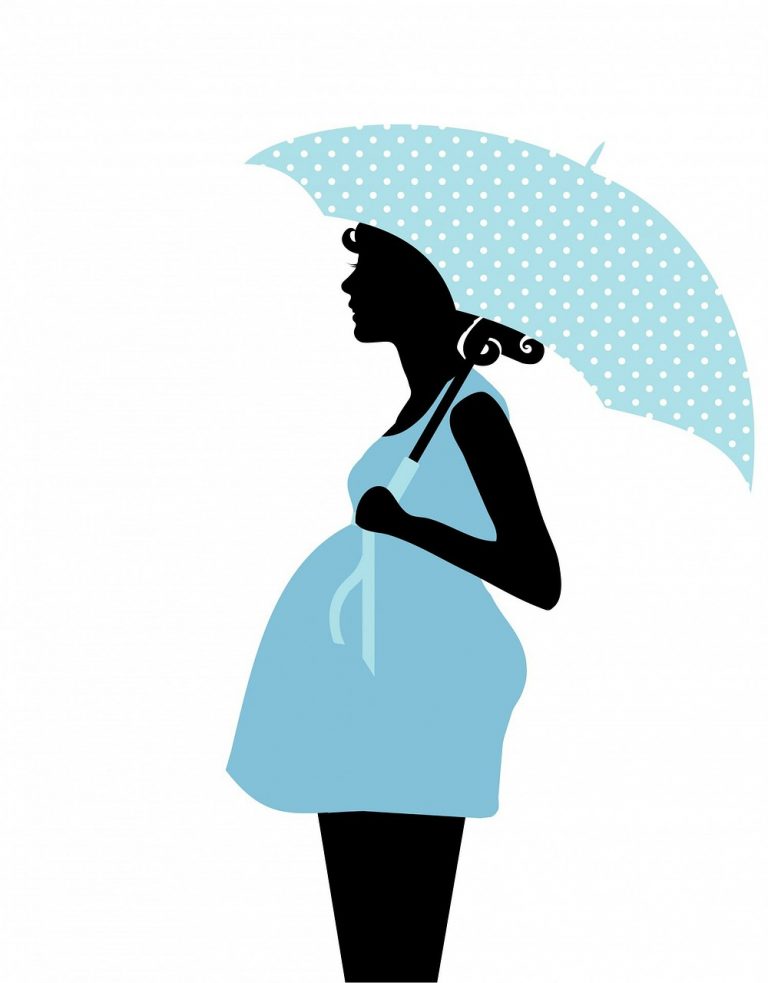A report released by the National Council on Population and Development (NCPD) in March, 2020 revealed that one in five girls aged between 15 and 19 are pregnant. This confirms the position that Kenya has been facing a serious teenage pregnancy crisis and the demographics remain unaffected. This is notwithstanding the child rights activists, government and non-governmental organisations determinations to reduce occurrences of teenage pregnancy. On 11th March 2020, the World Health Organization declared Corona Virus a global pandemic and urged governments to scale up emergency response mechanisms in a bid to minimize the spread of corona virus.
Like many other countries around the globe, Kenya has not been spared from the disparaging effects of the Corona Virus pandemic. The Pandemic has not only had massive health effects in Kenya but has also created devastating disruptions to the economy and social sectors. For instance, schools and places of worship have temporarily been closed and job losses have been on an upward trend; consequently increasing poverty incidences. This will undoubtedly complicate efforts of reducing teenage pregnancies.
The NCPD Report points out poverty, drug abuse, early marriages, lack of youth friendly reproductive health services, rape and defilement as some of the causes of teenage pregnancies in Kenya. Women, girls, adolescents and marginalized communities are especially the most vulnerable to the virus. Their well-being merely relies on all-inclusive local, national and global measures that cater for gender and social inequalities in combatting the pandemic. It is notable that in an effort to reduce the risk of infections, Kenya resulted to instituting lockdowns and the implementation of stay at home orders and curfews. The lockdowns have subsequently increased sexual and gender based violence.
A surge in Teenage pregnancy
Furthermore, with the necessity to stay at home, schools and places of worship closed, adolescents have been left with a lot of time on their hands and they may not have enough protection from their aggressors. This could lead to irresponsible sexual behaviours amongst adolescents as well as rape and defilement leading to an upsurge in unprotected sex which will consequently lead to unwanted teen pregnancies. Teenage pregnancy is a major public health issue due to its effects on the health and social well-being of the teen mother and her child. An upsurge of teen pregnancies will subsequently be a burden to the health care system during the pandemic. It is notable that some of the consequences of teenage pregnancy includes depression, poor maternal health, birth-related complications, death from unsafe abortion as well as morbidity and death among others. It is unfortunate that even after the pandemic, a number of teenage girls will not be able to resume school threatening their education, empowerment and consequently future employment opportunities. It is thus paramount that sexual reproductive health rights for the adolescents are not forgotten during the pandemic.
Regrettably, sexual and reproductive health conversation in most African countries is still considered as a taboo. Most parents do not advise their young sons and daughters and as such, they are forced to find the information on their own or from their peers. The adolescents’ right to access reproductive health information is appropriate during this moment than ever. They need the information to enable them make well-informed choices. With the lockdowns and stay at home orders in place, parents and guardians should engage with their young girls and boys and educate them on matters sexual and reproductive health in the safety of their homes.
A way forward
Addressing the teen pregnancy crisis during the pandemic will require broad efforts involving the government, the civil society, families and the community. It is remarkable that the development and the application of evidence-based teen pregnancy prevention efforts will require an understanding of the teenage pregnancy problem including knowledge of target populations, the trends, the rates, the risks and the protective factors associated with teen pregnancy. This information can thus be used to make informed decisions that will guide the effective application of evidence based practices to prevent teen pregnancies. At the moment, as the government rushes to reduce the spreading rate of the virus, it should also include sexual and health information services to be shared with the adolescents. In addition, the civil society should determinedly advocate for the prioritization of sexual and reproductive health and rights in the government’s responses to the fight against the pandemic.


